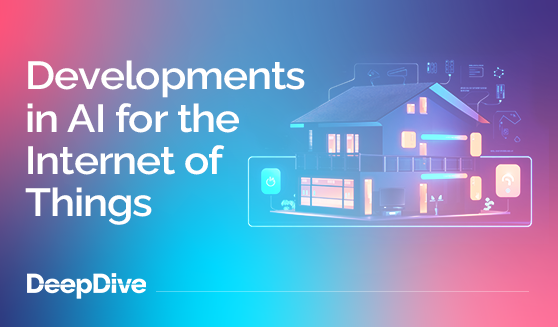
Developments in AI for the internet of things
Edge AI is driving important shifts in the Internet of Things (IoT) landscape by integrating artificial intelligence tech directly into IoT devices (also known as edge devices).

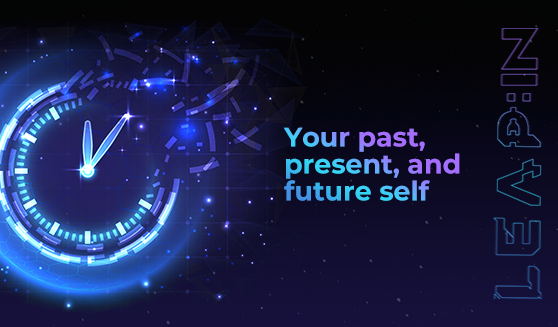
Welcome to the 127 new techies who have joined us since last Friday. If you haven’t already, subscribe and join our community in receiving weekly tech insights, updates, and interviews with industry experts straight to your inbox.
What Izzi said:
“We’re going to live forever, aren’t we?
If you’re wondering why we’re talking about a 2006 Darren Aronofsky movie…well, you’d be justified in wondering that.
But it’s one of our favourites. And it’s full of mind-bending ideas about technology and time, and what it means to be human alongside evolving technologies that change our experience of life.
And we’re going to get a bit existential here. We hope you’ll stay for the journey.
It’s an epic romantic drama starring Hugh Jackman as Tom Creo and Rachel Weisz as Izzi Creo.
It has a twisting non-linear plot with three storylines around the theme of immortality:
In short, the movie is about attempting to avoid the loss of love by searching for a way to avoid death.
But it’s also about how the technological possibilities and scientific knowledge available to us change over time – and how we use those technologies to achieve our dreams.
It got us thinking: how do we determine which of life’s problems should be solved by technology? What would it mean to be human if we really did never have to lose a loved one?
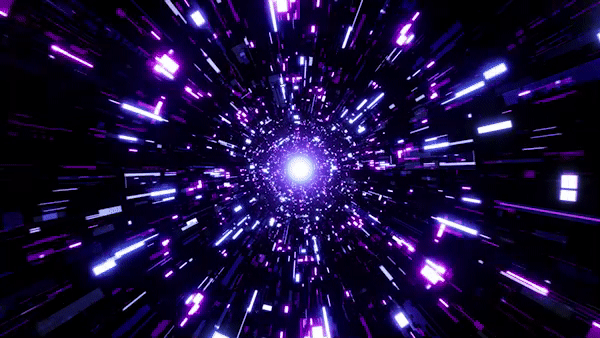
Here’s a thing: the technologies currently available to us are already changing the way we’ll exist after death.
No, we haven’t figured out the key to immortality. But we’re producing and storing vast volumes of data (at least 2.5 quintillion bytes every single day) which means that future generations will have an incredible amount of information to show them what we were doing and thinking today.
We have AI, which has the potential to carry our knowledge, ideas, values and culture into the future – far beyond the human lifespan.
And globally, we’re in the process of figuring out how we want to apply certain emerging technologies to human life and to the environment we inhabit. How do we want to impact our world (and even other worlds) going forward?
Already, we have a history of technological and societal development that we can look back at. We can consider what past generations most wanted, and how tech changed their lives – and we can ask questions about how those changes had both positive and negative effects.
Our point here is that for the people who are closely involved in developing technologies that really are changing the world, an awareness of how that tech relates to time is really important.
Imagine you were Tomas or Isabella, 500+ years ago.
Imagine you’re Tommy and Izzi, living today.
And imagine you’re Tom in the future.
What technology would you have wanted then? Would getting what you wanted have been a good thing?
What technology do you want to bring into existence now?
And in the future, what will life be like if you do create and launch that tech?
Thanks for sticking with us this far.*
The thing is, technology is an existential industry. We don’t know how much, and in what ways exactly, it will change the lives of future generations. And we need to think about that now.
As Izzi said in the movie:
"It's all done except the last chapter. I want you to help me. Finish it."
OK, back to everyday life. We’ll be in your inbox next week with something slightly less existential – we promise.

DeepDive, DeepFest's weekly AI dedicated newsletter is now available on our LEAP:IN content platform, where you'll find all the latest exclusive content.
DeepDive's latest edition looks at our year with ChatGPT and the question we've asked our self is, what are people using ChatGPT for – and has the novelty worn off?
With around 180.5 million users as of August 2023, it’s the biggest experiment in a global, collective exploration of AI we’ve ever seen. People are using ChatGPT to help. It can translate jargon into simple language, or convert legal lexicon into conversational text. Users have even been using it to translate Gen Z slang.
Read more in this week's newsletter to get the latest insights on how people intend to use generative AI for in 2024. Be part of the conversation now 🙌
➡ Subscribe now to the LinkedIn newsletter to get it straight to your feed or to the LEAP:IN content platform to get it straight to your inbox.
Have an idea for a topic you'd like us to cover? We're eager to hear it! Drop us a message and share your thoughts.
Catch you next week,
Richard McKeon
Marketing Director
P.S. - Mark your calendars for LEAP 2024 📅 4-7 March 2024. Want to be a part of the action?

Edge AI is driving important shifts in the Internet of Things (IoT) landscape by integrating artificial intelligence tech directly into IoT devices (also known as edge devices).
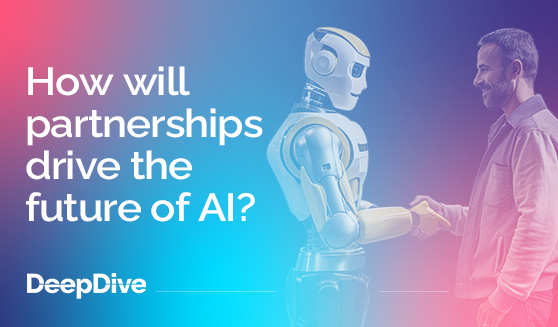
Welcome to the 8 new deep divers who joined us since last Wednesday. If you haven’t already, subscribe and join our community in receiving weekly AI insights, updates, and interviews with industry experts straight to your feed. DeepDive Your weekly immersion in AI. You’ve heard it, we’ve
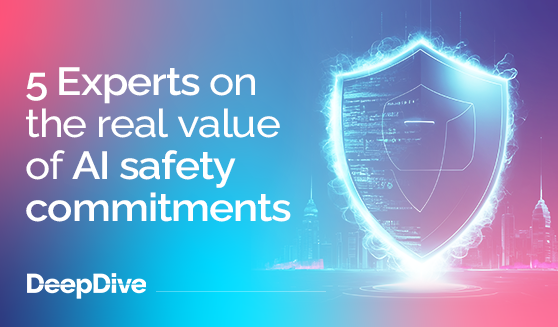
Welcome to the 10 new deep divers who joined us since last Wednesday. If you haven’t already, subscribe and join our community in receiving weekly AI insights, updates, and interviews with industry experts straight to your feed. DeepDive Your weekly immersion in AI. We recently wrote about the new

Edge AI is driving important shifts in the Internet of Things (IoT) landscape by integrating artificial intelligence tech directly into IoT devices (also known as edge devices).

Welcome to the 8 new deep divers who joined us since last Wednesday. If you haven’t already, subscribe and join our community in receiving weekly AI insights, updates, and interviews with industry experts straight to your feed. DeepDive Your weekly immersion in AI. You’ve heard it, we’ve

Welcome to the 10 new deep divers who joined us since last Wednesday. If you haven’t already, subscribe and join our community in receiving weekly AI insights, updates, and interviews with industry experts straight to your feed. DeepDive Your weekly immersion in AI. We recently wrote about the new